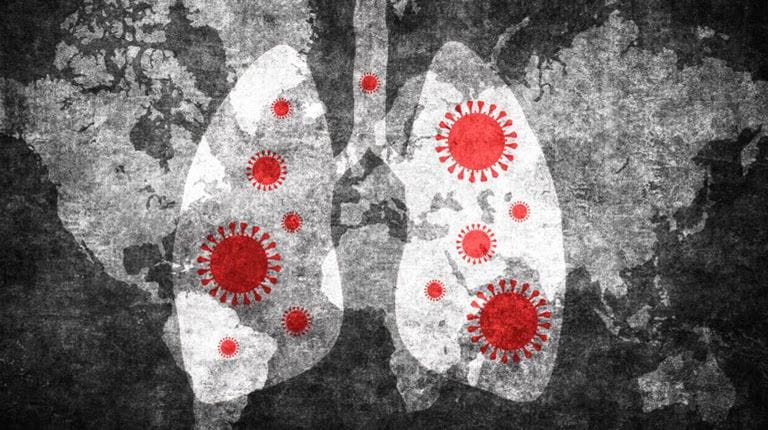Because of COVID-19’s impacts on the lungs, the U.S. Alpha-1 Foundation has provided detailed, specific guidance for patients who have alpha 1 antitrypsin deficiency, which often affects a person’s breathing.
“People with Alpha-1 are likely to be particularly vulnerable to the effects of the COVID-19 infection,” the Foundation says in a statement on its website.
The website features recorded webinars and expert advice on which Alpha 1 patients are most at risk and why. Patients whose lungs are impacted by Alpha 1 are likely to be susceptible to the most serious complications from this coronavirus, according to the foundation. Those with liver problems related to Alpha 1 “are also at a high risk for serious disease should they become infected,” the foundation says.
The organization also offered a webinar about how to maintain good mental health in anxious times.
Alpha 1 Antitrypsin Deficiency is a hereditary disease, sometimes called genetic COPD (chronic obstructive pulmonary disease). Alpha 1, which can also impact the liver, affects one in 1,500-3000 people of European ancestry, including an estimated 100,000 Americans. Some patients remain undiagnosed or misdiagnosed though a blood test can determine if a person is unable to produce the protein alpha 1 antitrypsin, which protects lungs from excessive inflammation.
In its coronavirus guidance, the foundation also addressed patients who fall into two additional categories:
- Individuals with severe deficiency (two abnormal genes for Alpha 1) but don’t have liver or lung disease
- People who are carriers of a single abnormal gene for Alpha 1 and who have neither lung nor liver disease.
Based on existing information – though it can’t be stated as certain - these two groups could have a COVID-19 risk level similar to the general population, the foundation says.
Advice for Alpha 1 Patients Who Get Infusions
For those who receive medicine via infusion, the group recommends close attention to hygiene during the infusion. Home infusions could be an option for some patients, to avoid visiting a clinic, the group recommends.
“The Foundation is working with Medicare to try and obtain coverage for home infusions for those currently receiving their infusions in a medical facility,” according to the Alpha-1 Foundation.
Another group, Alpha-1 Global, also has been tracking developments for patients and policy makers. The group recently posted information about the pandemic’s policy implications for Europe.
How Patients Are Riding It Out
Alpha 1 patient Karen Skålvoll, who lives in Germany, said she’s grateful to those who are taking steps to prevent medically vulnerable people from being infected. But she’s staying especially isolated, except for an occasional walk in nature.
“People in the risk groups like myself have to take precautions and not trust the world to change too much,” Skålvoll said. “For me that means no going to other gyms than the one here at home, no hairdresser, no grocery store and no post office.”
That’s a change of routine for Skålvoll, who travels widely to educate people about Alpha 1 and to participate in strength and endurance competitions as an adaptive athlete. She uses portable oxygen during training and competition. You can follow her on Instagram and Facebook.



